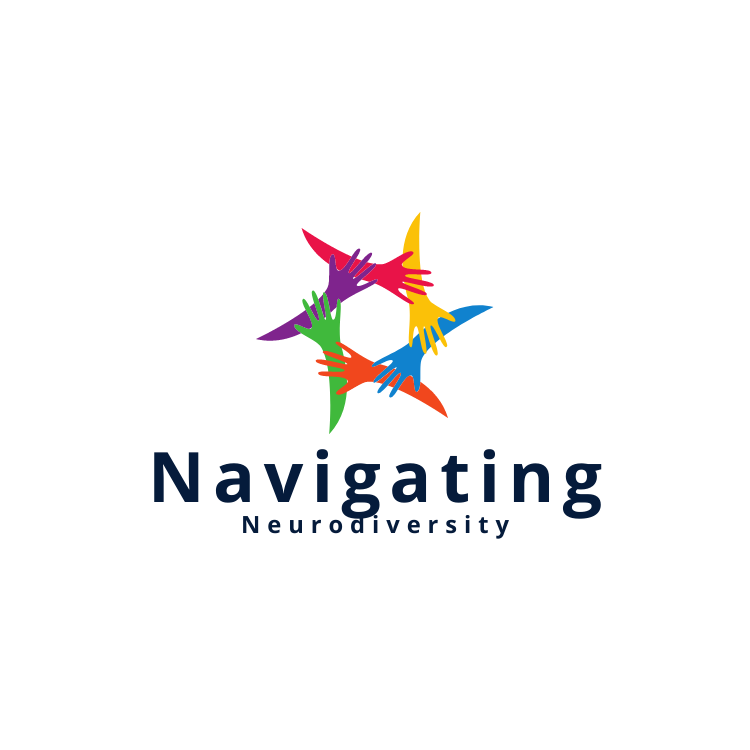Autism Awareness is an important movement that seeks to raise understanding and acceptance for individuals on the autism spectrum. Navigating Neurodiversity can be a challenging task for families and caregivers, as they strive to provide the best possible support and resources for their loved ones. However, with the right tools and resources, it is possible to create an inclusive and supportive environment for individuals with autism.
The first step in navigating neurodiversity is education. Families and caregivers should take the initiative to learn about autism spectrum disorders, its characteristics, and challenges. Understanding the unique strengths and needs of individuals with autism is crucial in providing effective support. There are numerous resources available online, such as websites, forums, and online courses, that can provide valuable insights and information about autism.
One of the key aspects of navigating neurodiversity is the provision of appropriate therapies and interventions. Occupational therapy, speech therapy, and social skills training are commonly used to address specific challenges faced by individuals with autism. Accessing specialized therapy services can greatly enhance the development and well-being of individuals on the autism spectrum. It is important to research and identify reputable therapists and treatment centers that have experience in working with individuals with autism.
Support groups and community organizations can also play a significant role in navigating neurodiversity. Connecting with other families and caregivers who are going through similar experiences can provide a support network and valuable advice. Many cities now have autism support groups that organize regular meetings and events, creating opportunities for families and caregivers to share their concerns, successes, and strategies. Additionally, online communities and social media groups dedicated to autism awareness can offer a virtual support network for families and caregivers.
Furthermore, it is crucial to advocate for the rights and inclusion of individuals with autism. This can involve working with schools, healthcare providers, and other institutions to ensure that appropriate accommodations are provided. Many advocacy organizations dedicated to autism awareness offer resources and information on various legal rights, inclusive education, and employment opportunities for individuals on the autism spectrum.
Lastly, self-care is key for families and caregivers navigating neurodiversity. Caring for a loved one with autism can be emotionally and physically draining. It is essential to prioritize self-care activities, which may include seeking therapy or counseling for themselves, practicing stress management techniques, and taking breaks when needed. By taking care of their own well-being, families and caregivers can better support and advocate for their loved ones.
In conclusion, navigating neurodiversity requires a multidimensional approach. By educating themselves about autism, accessing appropriate therapies, connecting with support groups, advocating for rights, and practicing self-care, families and caregivers can provide the best possible support for their loved ones on the autism spectrum. The Autism Awareness movement urges society to embrace neurodiversity and contribute to creating an inclusive and accepting world for individuals with autism.
Publisher Details:
www.navigatingneurodiversity.co.uk
https://www.navigatingneurodiversity.co.uk/
Unlock the limitless potential of the human mind. Welcome to navigatingneurodiversity.co.uk, your go-to destination for exploring the extraordinary capabilities of the Neurodiverse community and students. Embark on a transformative journey where understanding, acceptance, and empowerment await. Create truly inclusive environments for your students. Discover the key to embracing diversity and unleashing brilliance, one neuron at a time.

